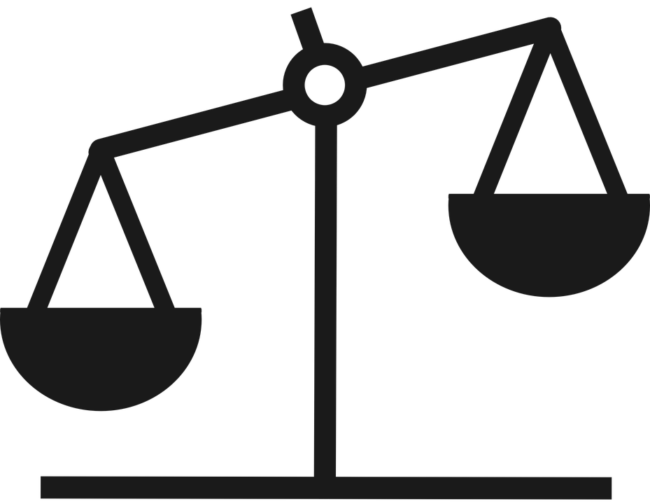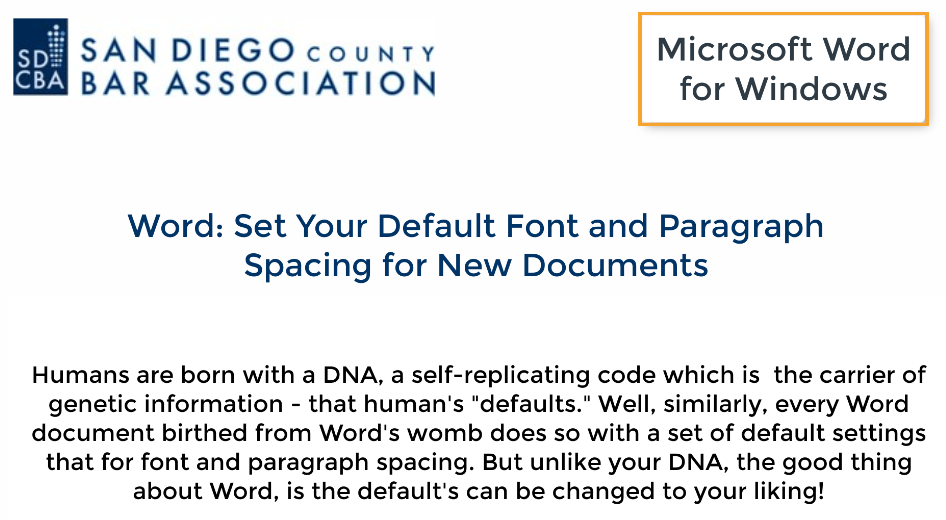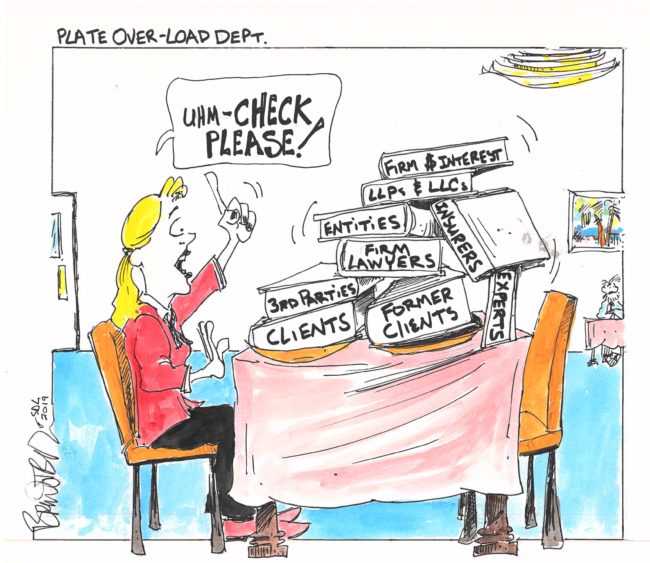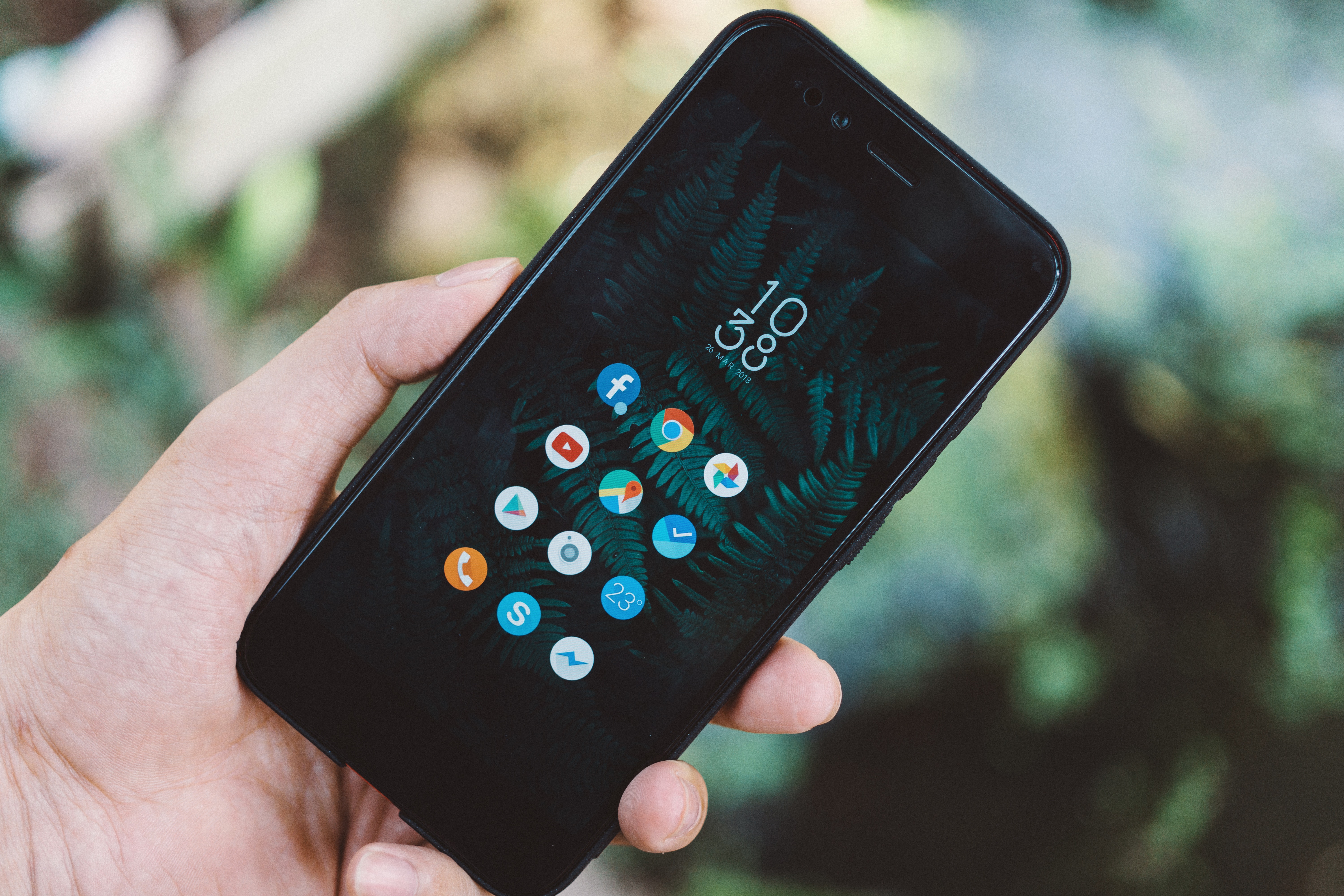By Lilys McCoy
I recently started using a fountain pen. Why, you may ask? Two reasons: First, I felt I needed to do a digital detox and returning to longhand seemed like a good way to start. Second, my writing hand, previously hardened by years of cursive script on legal pads, spiral notebooks and paper calendars, had become weak, and fountain pens are apparently easier on the muscles (that bit of wisdom was spot on, in case you wondered). I was almost surprised to see that the descendant of the quill is still being sold and supported, but it is . . . and in many different forms and by many different manufacturers.
As I contemplated my digital detox, I also considered the hard reality that I could never really, truly unplug. Absent a decision to live completely off the grid, I must accept some connectivity in my life. And, as an attorney, I must not only accept the networked life, I must embrace it. Our ethical duties require us to do so. Notably, the American Bar Association amended ABA Model Rule 1.1 in 2012 to include technological competence: “To maintain the requisite knowledge and skill, a lawyer should keep abreast of changes in the law and its practice including the benefits and risks associated with technology . . .” See, 2012 Amendment to ABA Model Rule 1.1 Competence, Comment 6, Maintaining Competence as referenced in SDCBA Legal Ethics Opinion 2012-1.
The San Diego County Bar Association, long a leader in the legal ethics space, decided in 2017 to lead in the legal technology space as well. In 2018 we hired one of the first Bar Association Member Technology Officers in the nation — the incomparable Adriana Linares — and launched expert law+tech education. This edition of San Diego Lawyer is dedicated, in part, to helping members become more technologically savvy. But technical competence must not be at the expense of other competencies. And, while indispensable and unavoidable, technology should be in service of what we do as lawyers, not the essence of what we do. Read More









